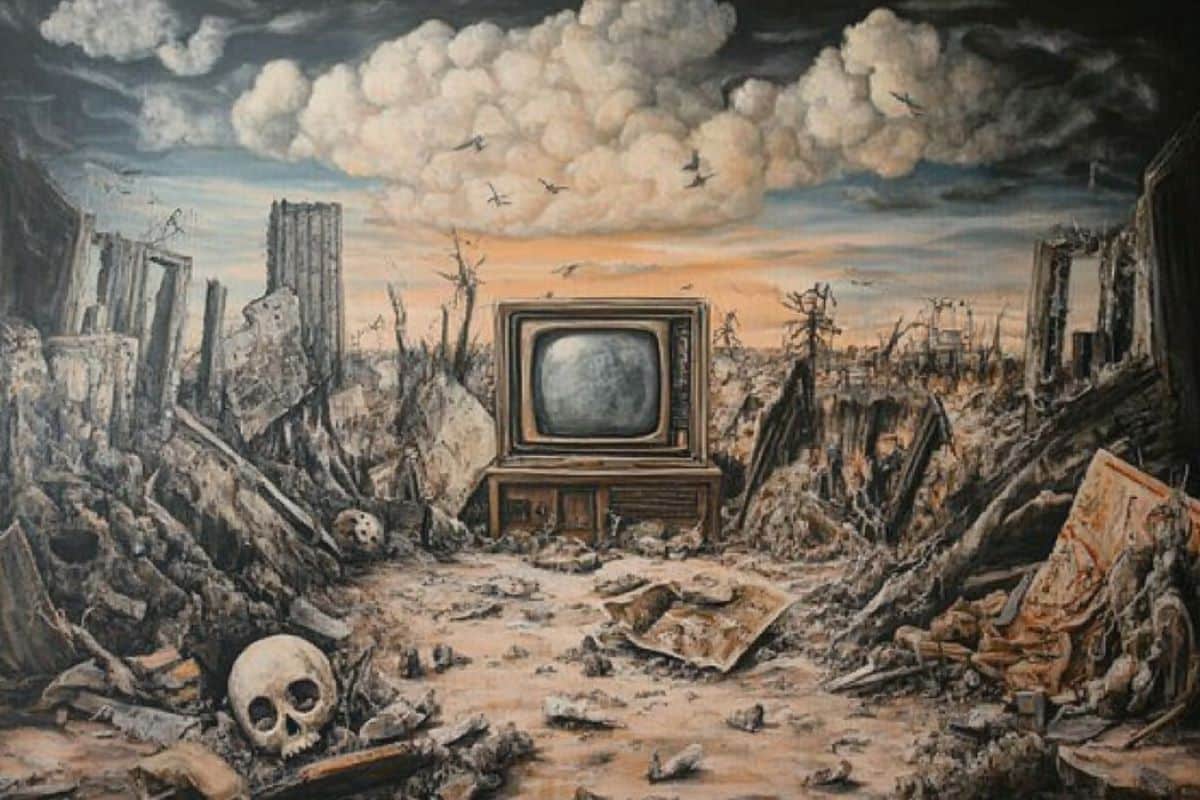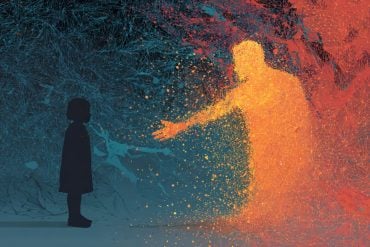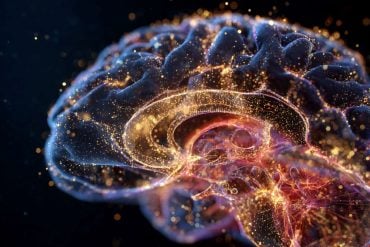Summary: Researchers have developed a new framework to understand why people are fascinated by events centered around themes of death, disaster, and suffering. These “dark events” include everything from historical commemorations to cultural festivals and horror experiences.
The study highlights six key concepts that shape our attraction to these events, such as commercialization, public engagement, and the symbolic presence of death. Understanding these factors could offer deeper insights into societal behavior and collective memory.
Key facts:
- Dark events span a range of activities, from cultural festivals to horror experiences.
- The study introduces six concepts to analyze the appeal of these events, including commercialization and the symbolic presence of death.
- These events offer a controlled way for people to explore themes of death and tragedy.
Source: University of Surrey
Understanding why the popularity of organised events steeped in themes of death, disaster and suffering, such as the well-known Dia de los Muertos (Day of the Dead), Jack the Ripper Walking Tours and Remembrance Sunday, could be key to a deeper understanding of society, say researchers from the University of Surrey.
In a study published by Annals of Tourism Research, researchers introduce a comprehensive framework to analyse these events, drawing from fields as diverse as thanatology (the scientific study of death and the practices associated with it), dark tourism, and collective memory studies.
Dark events include a broad spectrum, from historical commemorations and sports competitions to cultural festivals and horror experiences.
Dr James Kennell, co-author of the study and Associate Professor of Events and Hospitality at the University of Surrey, said:
People are fascinated with dark events for several reasons, embedded in psychological, cultural, and sociological aspects of human behaviour. There is a natural human curiosity about the darker aspects of life, including death, tragedy, and the macabre. Dark events often provide a safe and controlled environment for people to explore these themes. Dr James Kennell, Associate Professor in Events & Hospitality
The framework developed in this study advances understanding of the evolving landscape of dark events by identifying six key concepts crucial for researching dark events:
- Commercialisation – how dark events are marketed, consumed, and monetised.
- Perspectives from disciplines such as thanatology, dark tourism, and collective memory studies.
- Public sphere engagement – how dark events interact with the public sphere and how they fit in broader societal discourse – including media coverage, politics, public reactions, and the impact on social norms and values.
- Deviant behaviour – examines participant motivations, such as thrill-seeking or taboo exploration of violence, criminality or general harm.
- Experiential aspects – analysing how dark events evoke emotions such as fear, fascination, or reflection within the participants or audience.
- The presence of death – centres on the symbolic and literal presence of death within dark events, including: non-human death, death symbolism and actual death.
Metod Šuligoj, co-author and Associate Professor of Tourism Studies at the University of Primorska, said:
“The fascination with dark events stems from a complex interplay of curiosity, thrill-seeking behaviour, cultural traditions, psychological exploration, and the desire for communal and shared experiences. These events allow individuals to engage with themes of death, disaster, and suffering in ways that are meaningful, educational, and sometimes transformative.”
About this psychology research news
Author: Georgina Gould
Source: University of Surrey
Contact: Georgina Gould – University of Surrey
Image: The image is credited to Neuroscience News
Original Research: Open access.
“Conceptualising dark events: A new framework” by James Kennell et al. Annals of Tourism Research
Abstract
Conceptualising dark events: A new framework
Dark events are organised events linked to death, disaster and suffering, and this conceptual study provides a new framework that can be used in their analysis.
The framework has been developed through a theoretical synthesis of concepts from the domain theory of thanatology, and the method theories of dark tourism, dark leisure and collective memory.
Six concepts of value for research into dark events are identified: commercialisation; approaches; public sphere; deviant behaviour; experiences; presence of death.
The conceptual framework establishes a coherent conceptual footing for dark event research, and highlights links to established theories and methods that can be of value to future researchers in this novel area.
Finally, we present an agenda for future research into dark events.







